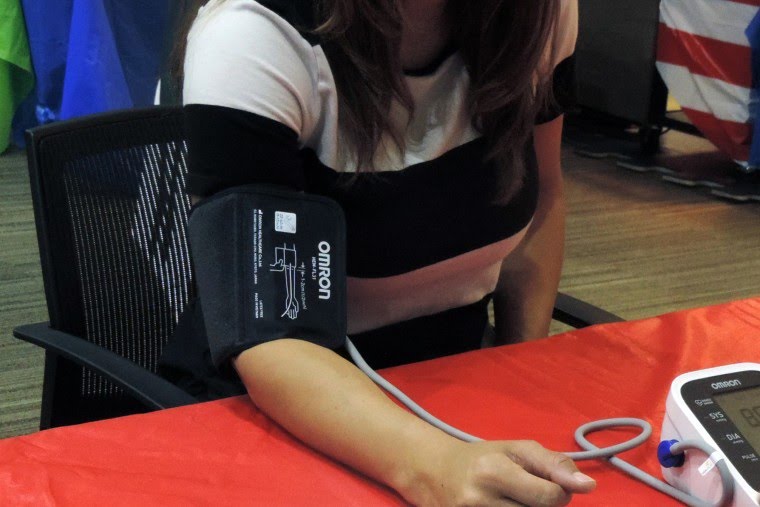Common heart medication less effective in south Asian people – new research

Emma Forton Magavern, Queen Mary University of London
People who have recently had a heart attack are often prescribed clopidogrel, a medication that decreases the risk of having another heart attack. While the drug is very effective at preventing subsequent heart attacks, it can only work if it’s activated by the body’s CYP2C19 enzyme. Certain genetic variations mean the body can’t activate clopidogrel, because it can’t make this enzyme.
An inability to activate clopidogrel is actually very common. An estimated one in three people of European ancestry has one of these genetic variants – and they are even more common in some ethnic groups.
For example, more than nine in every ten Indigenous people of the Pacific islands have one of these genetic variants. So, they probably have a greater risk of subsequent heart attack if prescribed clopidogrel. However, studies linking the genetic variants with real-world health data have not been done in many non-European populations.
Our new study has also shown that clopidogrel may not be effective for many British south Asians. This is significant, as south Asian people suffer from high rates of cardiovascular disease in the UK.
Genetic variants
We began our study by analysing data from 44,396 participants who’d participated in Genes & Health – a study of British-Pakistani and British-Bangladeshi people, which has linked genetic data with national records of health problems and prescriptions.
We found that nearly six in every ten people (57%) had a genetic marker that meant they would not be able to activate clopidogrel well – much higher than the 30-35% seen in people of European ancestry. Some 13% of the British-Pakistani and British-Bangladeshi people in the study had two of these genetic markers – one from each parent.
From the 44,396 participants in the study, we identified 1,006 people who had experienced a heart attack. Of these, around 69% (697 people) were prescribed clopidogrel by their GP. The majority of these participants were male.
We then sub-stratified this group by CYP2C19 genotype, and looked at participants who’d suffered recurrent heart attacks. We found that participants with recurrent heart attacks were more than three times more likely to have two clopidogrel-resistance genes as compared with none.
Genetic testing
Our study isn’t the first to suggest that clopidogrel may not be as effective for people from different ethnic groups – but it is the first to link genetic risk for decreased clopidogrel efficacy with recurrent heart attacks in a western south Asian population.
These results reiterate the importance of testing drugs on people from many different ethnic backgrounds. During its development, clopidogrel was mainly tested using people of European ancestry. This gave a skewed view of its effectiveness, especially for certain ethnic groups.
Our study also highlights the role that genetic testing can play when it comes to prescribing. Knowing what genetic variants a person has will help ensure they’re prescribed a drug that is not only effective for them, but that has minimal risk of side-effects.
Genetic testing is already available on the NHS by referral, but it is typically only done to determine a person’s risk of certain health conditions. While there are plans to offer genetic testing to stroke patients to determine if clopidogrel will work for them (the drug is also used to prevent recurrent strokes), our study suggests that expanding this genetic testing to heart attack patients would also be beneficial.
Although people in certain groups have a higher chance of having these genetic variants, it’s important to take your medication as prescribed. Clopidogrel use is still well supported by clinical evidence to prevent further heart attacks – and genetic variations are only one of many factors that affect the risks and benefits of a medication. ( From : The Conversation)



















Facebook Comments